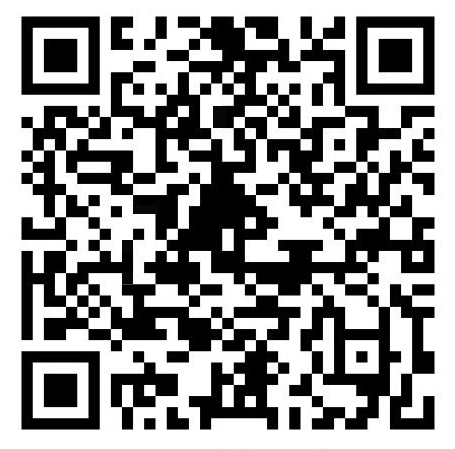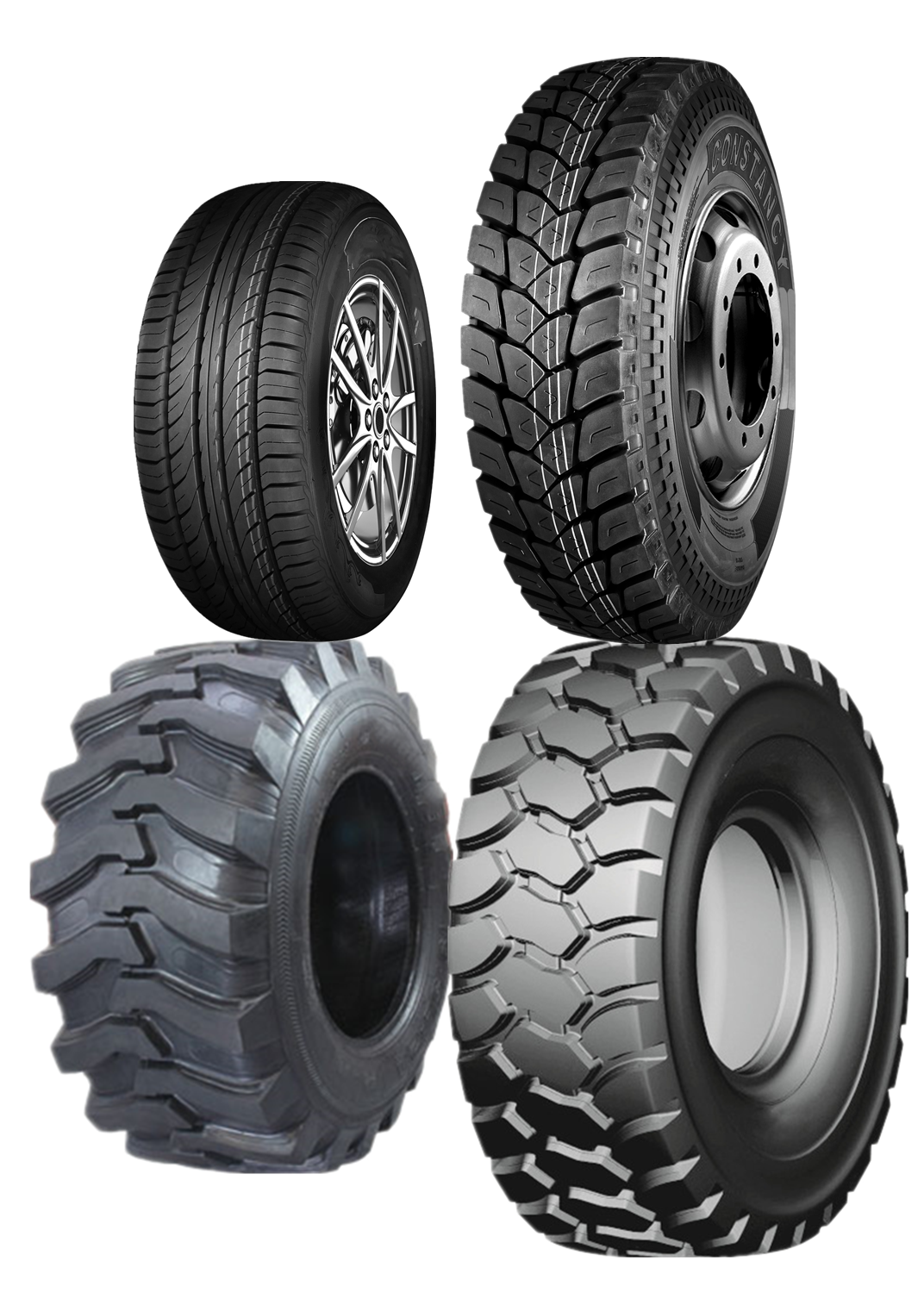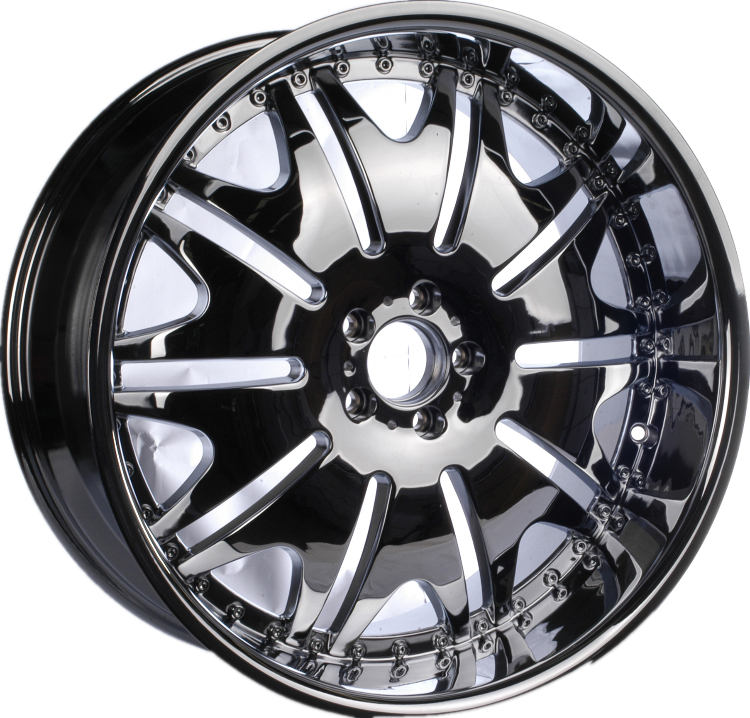-
Telephone:0086-15165287719Telephone:0086-18653241908
-
wechat:aiy812476091
-
-
Email:info@xrunrubber.com



小暑是二十四节气中的第十一个节气。暑,是炎热的意思,小暑即为“小热”,意思是此时虽然已经能够感受到天气的炎热,但是并未达到一年内最热,小暑只是炎炎夏日的开始。小暑过后就是一年中最热的节气大暑。我国民间有“小暑大暑,上蒸下煮”的说法。

词汇:
小暑:minor heat,slight heat 或 lesser heat
slight:adj. 轻微的,少量的
heat:n. 高温;压力;热度;热烈
lotus:n. 莲花;莲属植物
watermelon:n. 西瓜
solar term 节气
dog day 三伏天(指一年中最热的时段)
句子:
In China, the 24 solar terms were created thousands of years ago to guide agricultural production. But the solar term culture is still useful today to guide people’s lives through special foods, cultural ceremonies and even healthy living tips that correspond with each term.
在中国,24节气是数千年来指导农业生产的金科玉律,但是即使在今天,节气文化依旧通过每个节气相关的特殊食物、文化仪式、甚至健康生活指南来指导人们的生活。
Minor Heat, the 11th solar term of the year, comes between July 6th and 8th annually, when the sun reaches the celestial longitude of 105 degrees.
小暑发生在太阳到达天文经度105°时,通常始于每年的7月6日至8日之间。“小暑”是中国传统二十四节气(the 24 traditional Chinese solar terms)中的第十一个节气。
Slight Heat, comes between July 6th and 8th annually, is one of the24 solar terms in the Chinese lunar calendar.
小暑是我们农历的二十四节气之一,通常始于每年的7月6日至8日之间。
Minor Heat signifies the hottest period is coming but the extreme hot point has yet to arrive.
“小暑”标志着一年当中最炎热的时段渐渐逼近,但最酷热的时候还未到来。
"Shu" stands for hot, so "Xiao Shu" (Slight Heat) means hot, but not as hot as "Da Shu" (Great Heat).
“暑”表示炎热的意思,所以“小暑”即为小热,不过还未达到大暑时节的酷热程度。
Due to the high temperatures of summer, people's digestive functions are relatively weak. Therefore, bland diets are preferred.
由于盛夏酷热的原因,人们的胃口普遍不佳,故而较为偏爱清淡的饮食。
In the north of China, dumplings and noodles are the traditional food in Slight Heat.
在我国北方地区,饺子和面条则是小暑时节的传统时令饮食。

Slight Heat was split up into three periods in ancient China: “Hot winds arrive in the first period; crickets come to enjoy the shade at the corners in the courtyard in the second period; eagles become soaring ferociously up high in the sky in the third period.”
我国古代将小暑分为三候:“一候温风至;二候蟋蟀居宇;三候鹰始鸷。”
小暑时节大地上便不再有一丝凉风,而是所有的风中都带着热浪;由于炎热,蟋蟀离开了田野,到庭院的墙角下以避暑热;在这一节气中,老鹰因地面气温太高而在清凉的高空中活动。
一候温风至
the Arrival of Warm Winds
Winds always bring heat. There is no cool wind on the earth. All the wind carries heat waves, and the climate begins to change. Not even a trace of a cool breeze blows through above the surface of the earth during the Slight Heat. Rather, winds carry sweltering air along with them.
小暑之日“温风至”,这“温风”是热风,表示小暑日后大地不再有一丝凉风,所有的风都带着热浪,气候开始转变。
二候蟋蟀居宇
Crickets into the Courtyard
Due to the heat, the crickets left the field and went to the corner of the courtyard to escape the heat. A sentence describing crickets in the poem “July” in The Book of Songs says, “Crickets are out in the fields in the seventh month, singing under the eaves in the eighth month, coming into the house in the ninth month, and hiding under my bed in the tenth month.” In this text, the eighth month refers to the sixth month of the traditional Chinese lunar calendar. In other words, crickets leave the fields and go to the corners in the courtyard to avoid the scorching summer heat during the Slight Heat.
《诗经·七月》中描述蟋蟀的字句有“七月在野,八月在宇,九月在户,十月蟋蟀入我床下。”文中所说的八月即是夏历的六月,即小暑节气的时候,由于炎热,蟋蟀离开了田野,到庭院的墙角下以避暑热。
三候鹰始鸷
Hawks in High Altitudes
Because the surface of earth is too hot, the hawks choose to leave the ground to fly to a cool high altitude and begin to take the little hawk to practice hunting, so at this moment, the hawks will look more fierce.
在这一节气中,老鹰也因地面气温太高而喜在清凉的高空中活动。挚,言至,鹰感阴气,乃生杀心,学习击搏之事。原来一直蛰居的老鹰因为外面天气过于炎热,而选择到凉爽的高空活动,开始带小鹰练习捕食,所以此刻的老鹰会看起来比较凶。
1、小暑传统习俗
晒伏 Sunning Books and Clothes

During the Minor Heat period, with the longest amount of sunlight and the strongest sunlight radiation, people take advantage of the time around the Slight Heat where more days are clear and temperatures are high, to busk the books, scrolls, and clothes that haven’t been worn for a long time in the sun to get rid of mites and eliminate musky smells, and to prevent the books from being affected with damp and moths.
小暑时节,民间还有晒衣服的习俗。民谚有云:“六月六,人晒衣裳龙晒袍”,因为这一天,差不多是在小暑的前夕,为一年中气温最高,日照时间最长,阳光辐射最强的日子,所以家家户户多会不约而同选择这一天“晒伏”,趁着小暑前后晴天多、气温高,就要赶快将书籍经卷和久不曾穿的衣服拿到太阳底下烘晒,以除螨、祛霉味,还能防止书籍受潮、生蠹虫。
贴三伏贴 Receive the Sanfutie

In the Chinese Lunar Calendar, Sanfu or dog days refers to the three 10-day periods that are predicted to be the hottest days of the year. Sanfutie, or Sanfu medicinal patch, is a bandage made of traditional Chinese herbal medicine. Practitioners of traditional Chinese medicine believe that receiving Sanfutie during the hottest summer days is effective for coughs, asthma and arthritis.
7月11日起进入“三伏”中的头伏。在中国农历中,三伏或酷暑天指的是一年当中预计最热的三个十天,第一个阶段被称为头伏。三伏贴是一种由中药制成的药贴。中医认为,在夏季最热的时日贴三伏贴有助于治疗咳嗽、哮喘、关节炎。
游伏 Youfu

Besides, many people choose to go out for fun with their families. It's called “youfu” that means “more happiness” in the moral.
除此之外,我国好多地方每到小暑有“游伏”的习俗。家家户户都要扶老携幼出门游玩。因为“伏”字和“福”字谐音,“游伏”即“游福”,含有“有福”的寓意。
2、小暑吃什么
食新 Eating New Food

In the past, the folks had the custom of “Shixin” “eating new food” in Slight Heat. The so-called “Shixin” refers to eating the rice newly harvested. Farmers would grind newly cut rice and wheat into flour to make various kinds of flour cakes and noodles, which can be shared by nei***ors and villagers to express their wishes for a bumper harvest. At the same time, we should also prepare a sacrifice to our ancestors and pray for good weather. This reflects the ancient people's respect for nature and ancestors.
古时,民间有小暑“食新”的风俗。即在小暑过后尝新米,人们将新割的稻谷碾成米后,做好饭供祀五谷大神和祖先,恳请保佑风调雨顺。并将新打的米磨成粉,制成各种美食,与邻居乡亲分享来吃,表达对丰收的祈愿。
吃饺子或面条 Eating Dumplings or Noodles

Folk proverbs for the hot summer days include “You can grow radishes in the first period, vegetables in the second period, and can still grow buckwheat in the third”, and “Eating dumplings in the first period, noodles in the second, and baked pancake with scrambled eggs in the third.” Eating dumplings in the first of the three periods of the hot season is a traditional custom. People have no appetite on scorching hot days and in most cases end up becoming thinner than usual. Colloquially, this is called ku xia, i.e. loss of appetite and weight in summer. In the traditional custom, dumplings just happen to be the food that stimulates one’s appetite and satisfies a craving for good food.
伏天民谚则有“头伏萝卜二伏菜,三伏还能种荞麦”,“头伏饺子,二伏面,三伏烙饼摊鸡蛋”。头伏吃饺子是传统习俗,伏日人们食欲不振,往往比常日消瘦,俗谓之苦夏,而饺子在传统习俗里正是开胃解馋的食物。
吃西瓜 Eating Watermelon

When talking about what fruits to eat during the Minor Heat period, watermelon is definitely one of the most seasonal fruits. It is not only sweet and juicy, but also one of the best fruits to relieve heat and quench thirst.
到了小暑节气,西瓜绝对是最应季的水果之一,它不仅味甜多汁,也是消暑解渴,补充营养和水分最佳的水果之一。
3、小暑玩什么
赏莲花 Admiring lotus flowers

The high temperature and humidity during the Slight Heat period are conducive to the growth of lotus flowers, which are always in full bloom from June to September, especially in August, as described in Wang Changling’s poem “her silk tinges the lotus leaves green, the tender buds burst with her face between”.
微热期的高温高湿有利于荷花的生长,6月至9月,尤其是8月,荷花总是盛开,朴素而高雅。
Lotus flowers also welcome the arrival of high temperatures. During this period, the blooming flowers and green lotus leaves waver with the summer breeze and send out their beauty to visitors. Therefore, in Minor Heat, people enjoy viewing the beautiful lotus, and admiring the quality of a pure lotus flower blooming out of the mud and dirty water.
在这期间,盛开的花朵和绿色的荷叶随着夏日的微风摇曳,向游人散发着美丽的气息。因此,小暑期间人们喜欢观赏美丽的荷花,并赞美它出淤泥而不染的高洁品质。
How stainless it rises from its slimy bed! How modestly it reposes on the clear pool – an emblem of purity and truth!
赏荷花时,总会想起周敦颐的《爱莲说》:“予独爱莲之出淤泥而不染,濯清涟而不妖”。
赏萤火虫 Appreciating Fireflies

Fireflies start to act lively during the Slight Heat. On summer nights, if you are an alert observer, in the shade of trees or among the grass, you may find a swarm of fireflies flying around with “little lanterns”.
小暑时萤火虫开始活跃起来。在夏夜,如果你认真观察,你可能会在树荫下或草丛中发现一群萤火虫提着“小灯笼”四处飞舞

